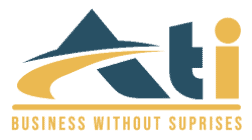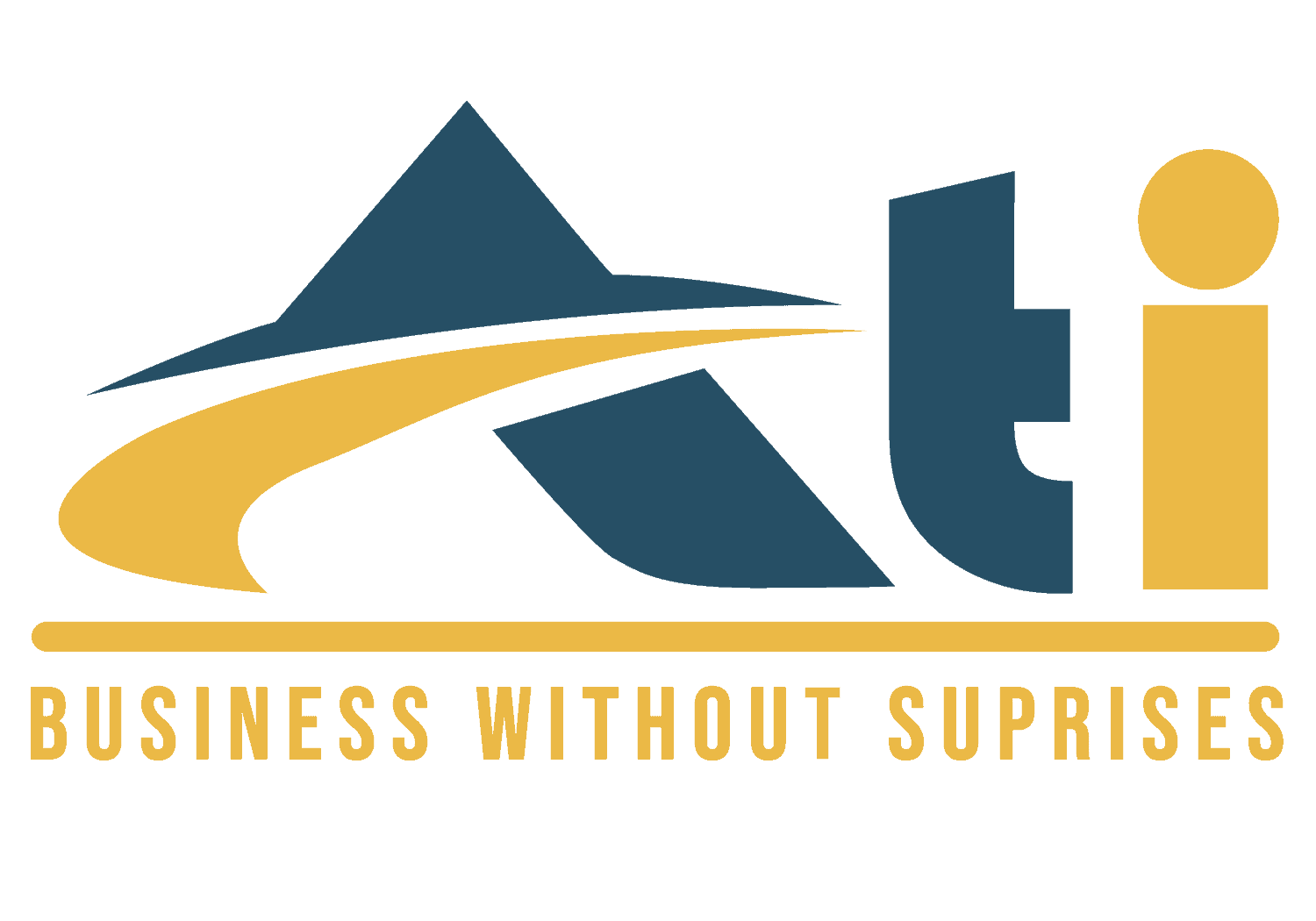When importing goods from China, Vietnam, Thailand, or India, buyers may encounter the term “certificate of conformance” and may not fully understand its meaning. This article aims to provide clarity and answer common questions about this important document.
The article will cover topics such as the definition of a certificate of conformance, the template used for this document, and the difference between a COA, COC, and EU. Additionally, the article will discuss the EU Declaration of Conformity and provide a conclusion with key takeaways for readers.
What is a Certificate of Conformance?
A Certificate of Conformance (CoC) is an official document that verifies that a product or service adheres to specific standards and regulations. The CoC is typically issued by manufacturers or authorized personnel, and it provides assurance to customers or buyers that the product has been manufactured and tested in accordance with international or regulatory standards.
What is Certificate of Conformance vs. Compliance?
Conformance and compliance are two terms that are often used interchangeably, but they have different meanings. Conformance refers to the standards, policies, and expectations that a company abides by voluntarily. Compliance, on the other hand, refers to the obligations or legal requirements that an organization must fulfill.
A Certificate of Compliance (CoC) is also known as a Certificate of Conformity. It is a document that is given to exporters or importers to show that the goods or services meet the required standards. It is often required during customs clearance of goods to some countries.
What Is Required on a Certificate of Conformance?
The CoC is issued to legally declare that a product has been produced and meets specific standards or specifications specified in market regulations. It can also be specified in a specific contract with the buyer or company, including specifications, drawings, storage, packaging, labeling requirements, and a physical identification legally signed by the person responsible for the declaration.
The CoC includes important details, such as product details, including name, model number, description, and specifications. It also specifies the specific standards or regulations being complied with, test results or certifications, manufacturing or service details, including company name, address, and contact information, a list of all safety regulations the product must pass, importer or manufacturer’s identification, contact information for the individual maintaining records of test results, the date and place where the product was manufactured, the date and place when the product was tested for compliance with the product safety rules cited, the date of the order, the specific items ordered including part numbers, and the lot number, and the country of origin.
Having a CoC is essential for businesses that want to improve process efficiency and speed up their inspection process. It also functions as a protective measure for consumers in importing countries, safeguarding them against potentially hazardous or substandard products.
In summary, a Certificate of Conformance is an important document that verifies that a product or service adheres to specific standards and regulations. It includes essential information related to compliance, ensuring that the product or service meets specific requirements to guarantee quality and safety.
Certificate Of Conformance Template
A Certificate of Conformance (CoC) is a document that certifies that a product meets the required regulatory standards and quality specifications. It is usually provided by the manufacturer of the product, but in some cases, an independent laboratory will issue the certificate. A buyer can request to view the CoC to ensure that the product they are purchasing passes the criteria of tests and safety guidelines and is completely safe to use.
When Inquire from the Supplier About the Certificate of Conformance (CoC)?
Inquiring about the Certificate of Conformance (CoC) from a supplier is an essential step when you want to ensure that the products you are purchasing meet the required regulatory standards and quality specifications. Here are some key times when you should inquire about the CoC from your supplier:
- Before Ordering: Inquire about the CoC before placing an order to ensure product compliance.
- Supplier Selection: Evaluate suppliers based on CoC provision to prioritize quality and compliance.
- New Product Sourcing: Ask for CoCs when exploring new products or suppliers.
- Regular Checks: Periodically request CoCs, especially for long-term supplier relationships.
- Regulatory Changes: Check compliance when industry regulations evolve.
- Critical Components: Request CoCs for essential components or raw materials.
- Quality Issues: Seek CoCs if quality concerns arise with a supplier’s products.
- Export/Import Compliance: Ensure CoCs for customs clearance and international trade.
Well-known Certificate of Conformity Issues Agencies?
There are several well-known organizations and entities that serve as Certificate of Conformance (CoC) issuing agents in various industries. These agencies are recognized for their expertise in certifying products that meet specified standards. Some of the well-known certification agencies are:
- UL (Underwriters Laboratories): UL is a global safety certification company that provides CoCs for a wide range of products, particularly in the electrical and electronics industry.
- Intertek: Intertek offers certification and testing services for various industries, including consumer goods, chemicals, and energy. They issue CoCs for products that meet specified standards.
- SGS (Société Générale de Surveillance): SGS is a multinational inspection, verification, testing, and certification company. They provide CoCs for products across numerous sectors, including agriculture, food, and automotive.
- Bureau Veritas: Bureau Veritas is a global leader in testing, inspection, and certification services. They issue CoCs for products and systems in industries like maritime, oil and gas, and construction.
- TÜV Rheinland: TÜV Rheinland offers CoC services for a wide range of industries, including automotive, industrial, and information technology.
- NSF International: NSF provides certification and testing services for products related to food safety, water quality, and consumer goods, among others.
- FM Global: FM Global specializes in industrial and commercial property insurance and provides certification services related to property loss prevention.
- DEKRA: DEKRA offers CoC services for products in industries such as automotive, industrial, and construction.
- SGS North America: A division of SGS, this entity specifically serves clients in North America, issuing CoCs for compliance with various regulations and standards.
- Applus+: Applus+ is a global testing, inspection, and certification company with services covering industries like automotive, aerospace, and energy.
- CCIC (China Certification & Inspection Group): CCIC is a Chinese company that offers certification and inspection services for various industries and is known for facilitating exports from China.
- TUV SUD: TUV SUD provides CoC services for products across sectors like healthcare, energy, and mobility.
- DNV GL: DNV GL specializes in providing certification and assurance services for industries like maritime, energy, and healthcare.
It is recommended to check beforehand with the destination country before employing an agency, as governments usually have a link with international agencies that go through certificates of conformance. This will ensure that the federation and authorities actually acknowledge the agency being employed in that country.
Certificate of Conformance Templates Forms
In addition to issuing CoCs, some agencies also provide Certificate of Conformance Templates Forms that can be used as a reference for creating a CoC. These templates usually include information such as product details, test results, and regulatory compliance. Using a template can help ensure that the CoC is accurate, complete, and meets the required standards.
What is the Difference Between a COA, COC and EU?
1. Content
A Certificate of Conformance (CoC) does not provide detailed information on test conditions, specifications, parameters, and test details. On the other hand, a Certificate of Analysis (CoA) contains more specific and stringent content than CoC. CoA records actual test measurements according to product design or manufacturing specifications. It also specifies some details, such as batch numbers for traceability purposes.
2. Issuer and Authority
A CoA is typically issued by Quality Assurance/Quality Control personnel authorized by the manufacturer to indicate and authenticate that the products being sold (with specified identification of lot/batch number) meet its product requirements and the accompanying test results. The manufacturer can carry out the inspection itself, or the inspection agency can inspect the products according to the given specifications.
On the other hand, CoC can be issued by any authorized person/party, including third-party laboratories or certification bodies, to declare that the products meet specific testing standards.
3. EU Declaration of Conformity
The EU Declaration of Conformity (DoC) is a compulsory document that manufacturers or their authorized representatives must sign to confirm that their product complies with EU requirements. By signing the DoC, the manufacturer takes full responsibility for ensuring that their product complies with all applicable EU laws and regulations.
The DoC serves as a declaration that the product meets all relevant EU safety, health, and environmental protection requirements. It also confirms that the product has undergone the necessary conformity assessment procedures, as specified in the relevant EU legislation.
The DoC must be issued before the product is placed on the market or put into service within the EU. It must be kept on file by the manufacturer or their authorized representative for a period of at least ten years after the last product has been manufactured.
Failure to comply with the EU DoC requirements can result in significant legal and financial penalties, including fines, product recalls, and legal action.
Certificate of Compliance (COC) Examples
A Certificate of Compliance (COC) or Certificate of Conformity is a critical document in international shipping, confirming that a product meets the regulations of the importing country. Here are five examples of products that require a COC:
- Pharmaceuticals: All drugs and medical devices intended for international shipment must have a COC, ensuring that they meet strict safety and quality standards.
- Chemicals: All hazardous and non-hazardous chemicals intended for shipment must be accompanied by a COC, covering a wide range of chemical substances.
- Food: All food products, fresh or processed, intended for export must have a COC. This applies to various food items.
- Vehicles: All vehicles intended for international transport, including cars, trucks, and motorcycles, require a COC to comply with regulatory standards.
- Electronics: All electronics, including computers, televisions, DVD players, and similar items, must be supported by a COC when being shipped internationally. This certification attests to their compliance with relevant regulations.
It is essential for manufacturers to ensure that their products have the necessary COCs before shipping them internationally to avoid any delays or legal issues.
Conclusion
In conclusion, the issuance of a Certificate of Conformance (CoC) is a crucial responsibility for any company that wants to demonstrate its commitment to delivering products that adhere to relevant regulatory standards. At supplyia, the team firmly believes that quality is a collective endeavor, and it requires a collaborative effort to consistently maintain high standards that inspire confidence among customers, partners, and the community. The company’s knowledgeable team of experts is always ready to offer consultancy support and guidance on leveraging technological platforms for companies as they embark on this journey. For any inquiries about the CoC or recommendations for a reputable certification agency, customers can reach out to supplyia without hesitation.

